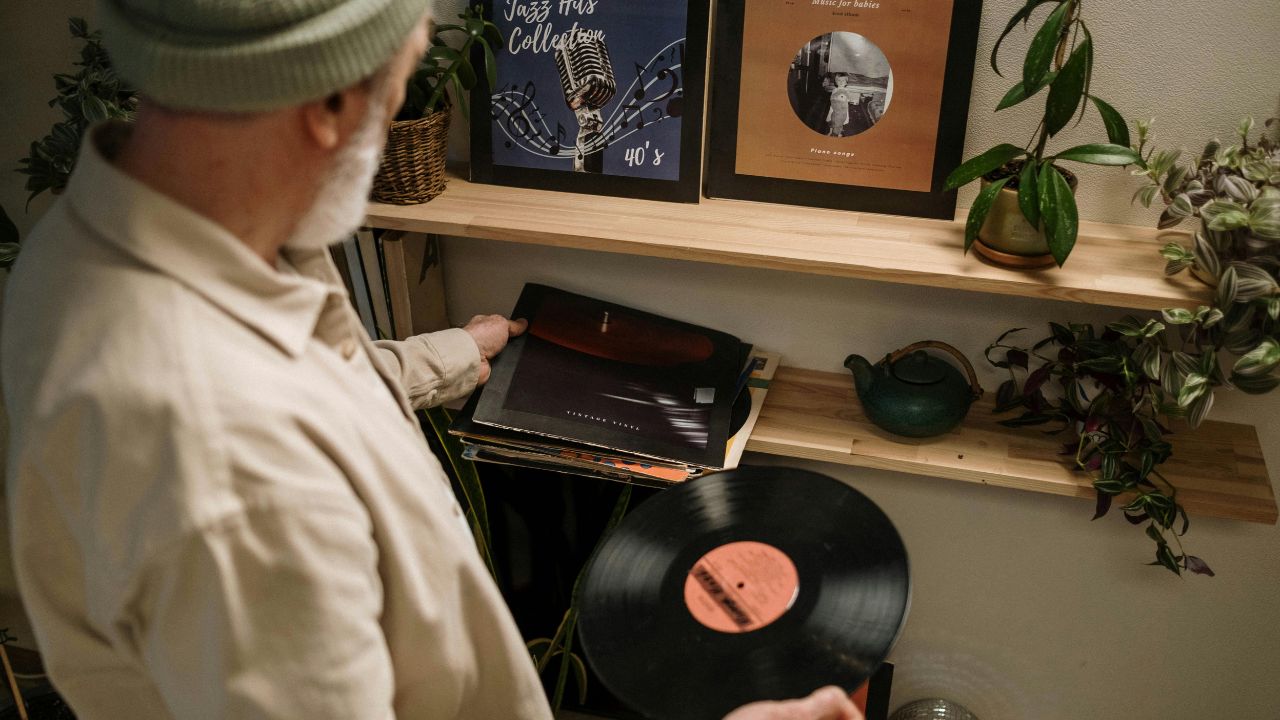Causes Of Dementia Agitation Dementia is a progressive neurological condition that affects millions of seniors worldwide. One of the most challenging symptoms of dementia is agitation. As dementia advances, individuals may experience moments of restlessness, frustration, confusion, or even aggression. Agitation in dementia can be distressing not only for the person experiencing it but also for their caregivers and loved…









